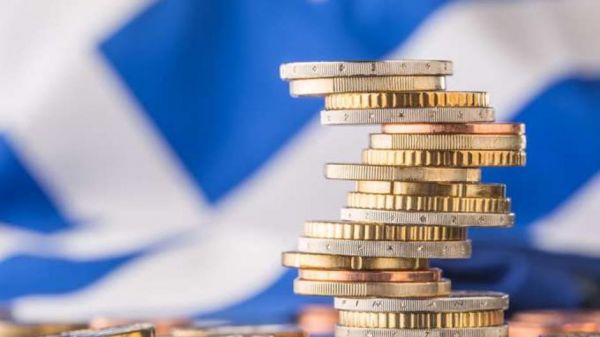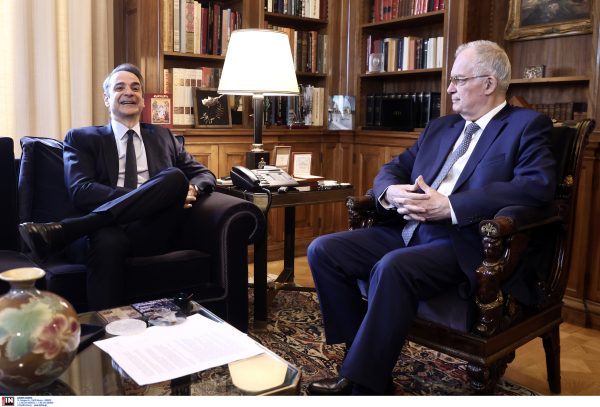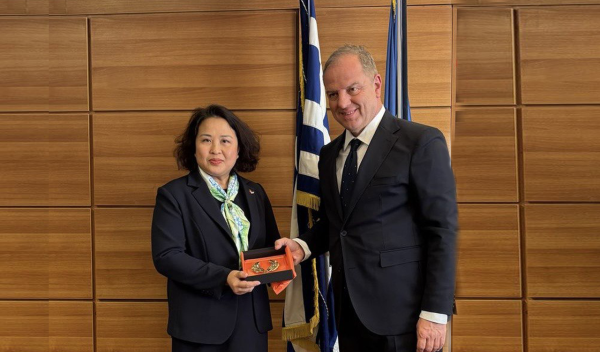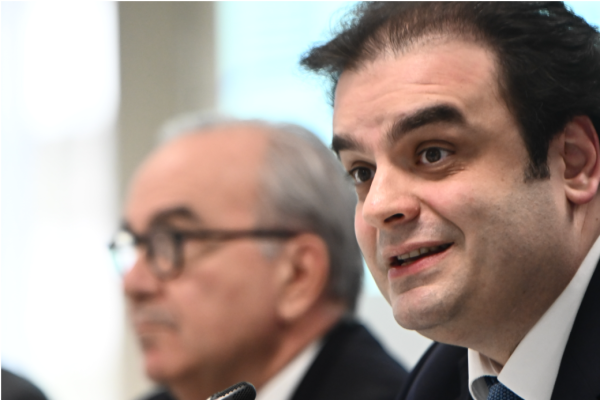
The Greek music ecosystem has undergone a radical reformation in recent years, according to the comprehensive study carried out by the Foundation for Economic and Industrial Research -IOBE. The study was carried out at the initiative of the technology company Orfium, on the occasion of the monetary award it received for the distinction as “Startup Business of the Year” by Elevate Greece.
“Turn” to digital listening
Streaming services are on the rise with 54.7% of users choosing them as their primary listening medium after radio, which remains the dominant medium at the moment with 76.7%. In the age group up to 34 years old, streaming is the most common means of listening to music: (81.2% in the age groups 18-24 years, 72.7% in the age group 25-34 years).
The vast majority of listeners, i.e. 4 out of 5, say they listen to music every day and of these listeners 4 out of 5 listen to music for at least an hour a day. But despite the importance of music in users’ daily lives, 39.7% of listeners do not pay for music, while 41.1% pay less than €100 per year to buy music, attend concerts and pay subscriptions. However, 39.5% of survey participants say that paying for music from a dining or entertainment venue potentially influences their choice to visit.
Music from digital channels
Responses from entertainment professionals indicate that more than 60% of businesses play music through digital channels. It is pointed out that music is of crucial importance for the operation of businesses in the catering-entertainment sector, as, based on their experience of the restrictive measures during the pandemic, entrepreneurs stated that the absence of music had a negative effect on the number of of customers, the average length of stay and the average spend in the store.
Specifically, 68.6% of entrepreneurs state that their businesses would not function as successfully without music. At the same time, 62.2% pay for copyrights for music use, with the majority of professionals declaring that they pay less than €500 per year.
Contribution to the country’s GDP
The music ecosystem contributes more than €200 million annually to the domestic GDP and approximately 5.4 thousand full-time equivalent jobs. According to the study, limiting the unauthorized use of music, which implies the improvement of ecosystem activity, can increase – under conditions – the economic impact to €300 million in GDP and 7.9 thousand full-time equivalent jobs . For example, if the royalties were collected from all businesses that would pay for the use of music, the value of the royalties would be fourfold (€42 million).
The General Director of IOBE, Professor Nikos Vettas, commented: “This study highlights the important role played by music in our daily lives and also its contribution to the economy, which is multifaceted. It is critical to further develop a strong music ecosystem that benefits everyone. Modern technological infrastructure, information and transparency are essential to achieve this goal and ensure the long-term viability of the music industry.”
On the occasion of the research, Michalis Petyhakis, Chief Technology Officer of Orfium, said: “We are proud to have commissioned this comprehensive study to IOBE, which highlights the significant changes taking place in the domestic music ecosystem. The research findings highlight the vital role of technology as well as the evolving consumer behavior habits of music listeners that lead to the impending changes. We, as a technology company will continue to empower musicians and creators, understanding the importance of the upcoming challenges as well as opportunities emerging in the Greek music industry. Thus, we hope that the study will be a starting point to help policymakers and businesses develop strategies that will strengthen Greek music as well as creators who have faced particular difficulties in recent years.”
Latest News

Servicers: How More Properties Could Enter the Greek Market
Buying or renting a home is out of reach for many in Greece. Servicers propose faster processes and incentives to boost property supply and ease the housing crisis.

Greek Easter 2025: Price Hikes on Lamb, Eggs & Sweets
According to the Greek Consumers’ Institute, hosting an Easter dinner for eight now costs approximately €361.95 — an increase of €11 compared to 2024.

FM Gerapetritis Calls for Unified EU Response to Global Crises at EU Council
"Europe is navigating through unprecedented crises — wars, humanitarian disasters, climate emergencies," he stated.

Holy Week Store Hours in Greece
Retail stores across Greece are now operating on extended holiday hours for Holy Week, following their Sunday opening on April 13. The move aims to accommodate consumers ahead of Easter, but merchants remain cautious amid sluggish market activity.

Green Getaway Ideas for Easter 2025 in Greece
Celebrate Easter 2025 in Greece the sustainable way with eco-farms, car-free islands, and family-friendly getaways rooted in nature and tradition.

Civil Protection Minister Details Summer Firefighting Plans at Delphi Forum
At the 10th Delphi Economic Forum, Minister of Climate Crisis and Civil Protection Yiannis Kefalogiannis discussed Greece's plans for the upcoming fire season.

How Shops and Markets Will Operate During Easter Holy Week
The Easter holiday schedule has been in effect since April 10, with retail stores open Palm Sunday, and most supermarkets also operating to meet consumer demand for Easter shopping

Why Is the French Aircraft Carrier Charles De Gaulle in Piraeus?
Docking in Piraeus after a four-month deployment in the Indo-Pacific region, the admiral of the aircraft carrier the Charles de Gaulle says, "Greece is our best partner in the Mediterranean."

Riots and Vandalism in Downtown Athens Exarcheia Region
Night of unrest in downtown Athens' region of Exarcheia – 11 Cars Burned, 72 Detentions

Truth Team: Is the PM and his team telling the truth, the whole truth and nothing but the truth?
The Greek government spokesman noted that "a private individual received payment from other private individuals, and for some people this is a horrifying revelation."







































 Αριθμός Πιστοποίησης
Αριθμός Πιστοποίησης